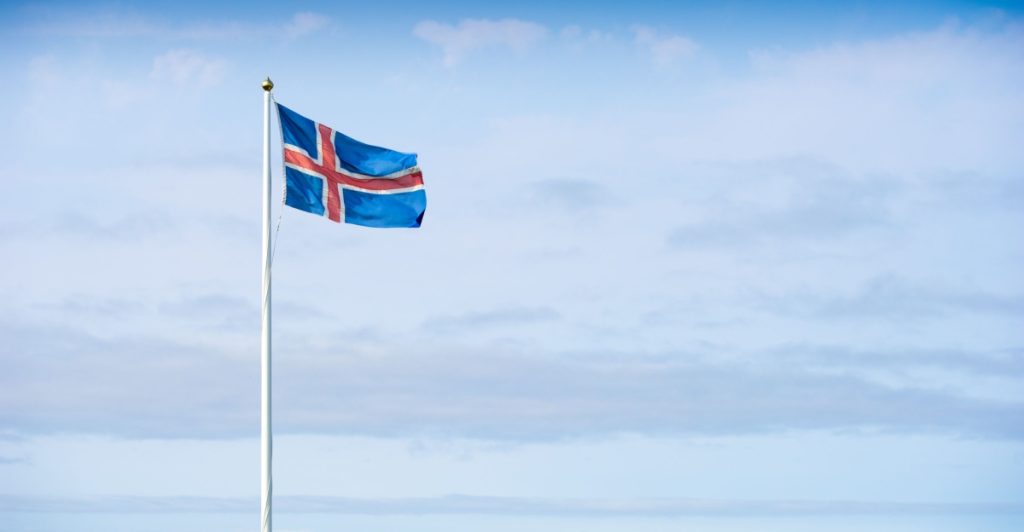Iceland has classified the potential collapse of a major Atlantic current system as a national security threat, citing new scientific warnings that such a change could radically alter the country’s climate and economy. Officials say the risk represents an “existential” challenge that demands a coordinated, top-level response.
Others are reading now
Iceland has taken the rare step of treating a climate-linked ocean threat as a matter of national survival, launching a coordinated government response to one of the most feared potential tipping points in the climate system.
Officials say the shift reflects mounting evidence that a key Atlantic current system could be heading toward dangerous instability.
Security shift in Reykjavík
According to CNN, Iceland’s National Security Council formally labelled the possible collapse of the Atlantic Meridional Overturning Circulation (AMOC) a national security risk in September — the first time the country has applied such a designation to a climate impact.
The move followed a government briefing on new research that raised “grave concerns” about the system’s future stability.
Jóhann Páll Jóhannsson, Iceland’s minister for environment, energy and climate, said the risks extend far beyond weather.
Also read
“Our climate, economy and security are deeply tied to the stability of the ocean currents around us,” he told CNN.
He later described the threat as “an existential threat,” warning that a breakdown could disrupt transport, damage infrastructure and hit the country’s fishing industry.
Why the AMOC matters
The AMOC — often compared to a giant conveyor belt — carries warm water northward before it cools and sinks, helping regulate weather across the Atlantic basin.
CNN reported that scientists increasingly worry that warming temperatures and disrupted salinity levels are slowing the system.
Some studies suggest a tipping point could be reached this century, though the exact timeline remains uncertain.
Also read
Stefan Rahmstorf, an oceanographer at Potsdam University, told CNN that a collapse “cannot be considered a low likelihood risk anymore.”
The consequences, he said, would be dramatic: surging sea levels along US and European coasts, major monsoon disruptions across Africa and Asia, and a deep freeze across parts of Europe.
For Iceland, he said, the country “would be close to the center of a serious regional cooling,” with sea ice potentially surrounding the island.
Preparing for the worst
The security designation means Iceland will now pursue a high-level, cross-government effort to analyse the threat and consider how to manage or reduce the consequences. Jóhannsson said the decision
“reflects the seriousness of the issue and ensures that the matter gets the attention it deserves.”
Also read
Rahmstorf praised Iceland’s stance, telling CNN that other nations should treat the risk with similar urgency.
Jóhannsson said the country is confronting a stark possibility: “What we do know is that the current climate might change so drastically that it could become impossible for us to adapt… this is not just a scientific concern — it’s a matter of national survival and security.”
sources:CNN


